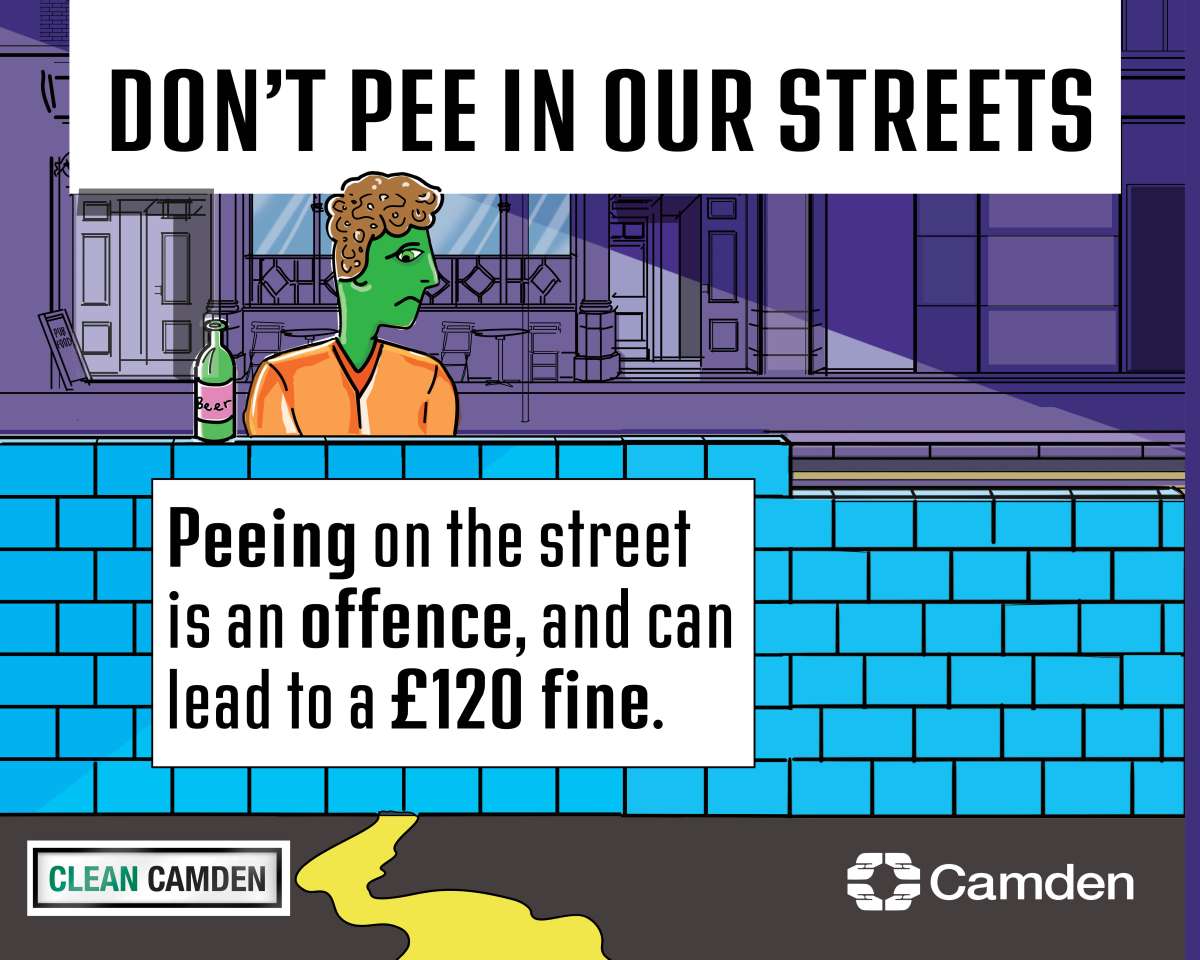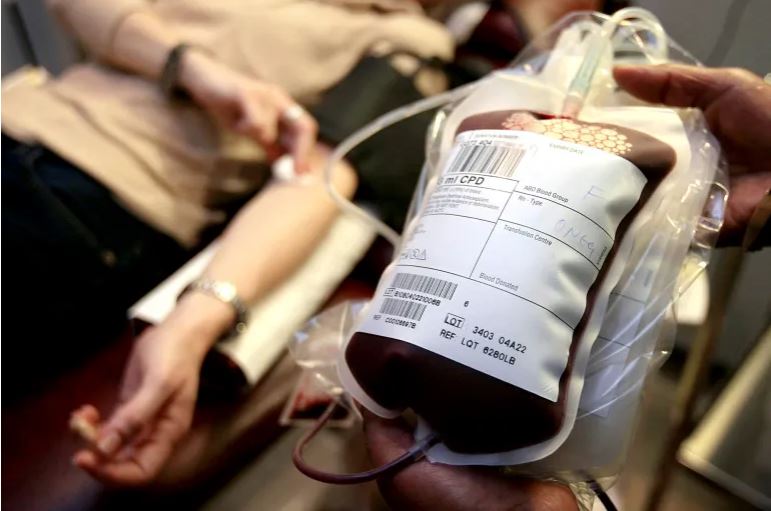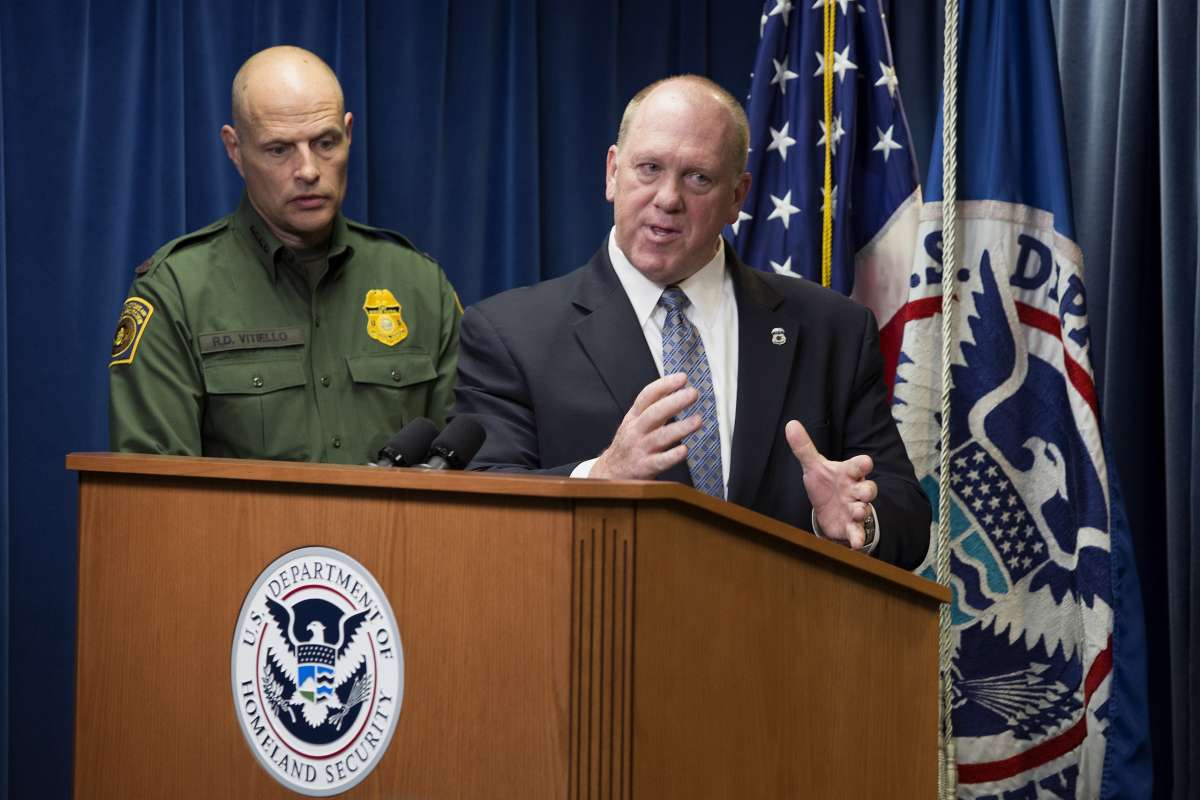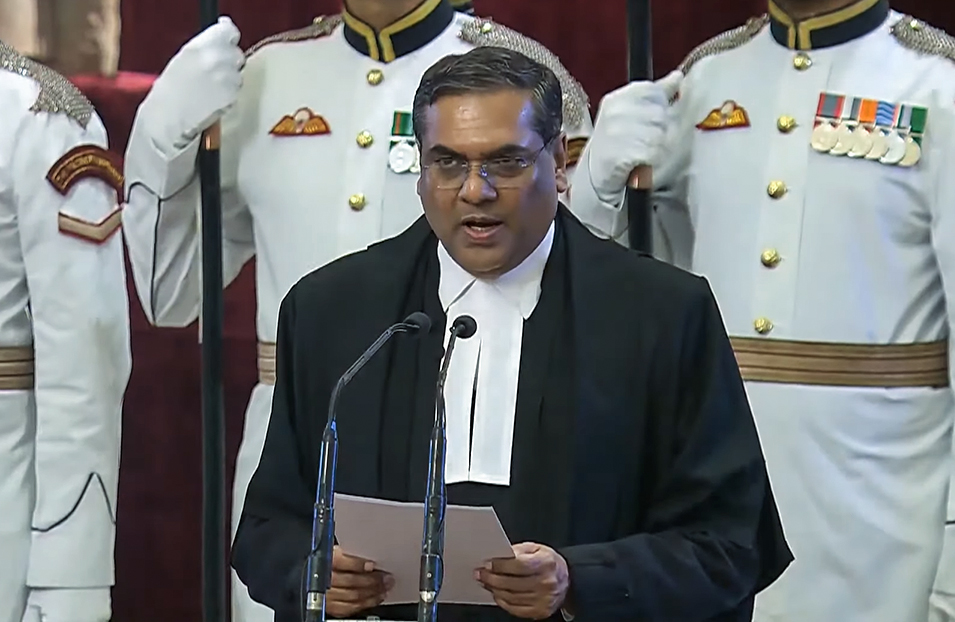The Committee members expressed their satisfaction with the Indian Coast Guard’s recent achievements…reports Asian Lite News
A meeting of the Parliamentary Standing Committee on Defence was held at Chennai on Saturday to review the working of the Indian Coast Guard (ICG) in ensuring coastal security along India’s vast maritime boundaries, an official release said.
The delegation of Members of Parliament (MPs) was led by MP Shri Radha Mohan Singh, who chaired the meeting. Senior officials from the Ministry of Defence (MoD) and ICG also attended the meeting.
The ICG was represented by Director General S Paramesh, PTM, TM, Director General Indian Coast Guard, who provided a comprehensive overview of the ICG’s operational capabilities, strategic initiatives, and preparedness to address the nation’s coastal security challenges.
According to the release, the discussion focused on ICG’s ongoing efforts to safeguard India’s maritime interests, improve coordination with various stakeholders, and enhance response mechanisms for ensuring maritime safety and security.
During the review, DG S Paramesh briefed the Committee on the various facets of ICG operations, including its extensive surveillance systems, advanced vessel fleet, and specialized response units. The ICG’s role in preventing maritime security threats, such as illegal fishing, smuggling, and human trafficking, was also highlighted.
The Committee members expressed their satisfaction with the Indian Coast Guard’s recent achievements, acknowledging the force’s significant progress in strengthening coastal security infrastructure, enhancing inter-agency coordination, and implementing cutting-edge technologies. They commended the ICG’s proactive role in safeguarding India’s 11,098 km coastline and ensuring the security of vital maritime trade routes.
A meeting of the Parliamentary Standing Committee on Defence was held in Chennai yesterday to review the working of the Indian Coast Guard (ICG) in ensuring coastal security along India’s vast maritime boundaries.
The delegation of Members of Parliament (MPs) was led by MP Radha Mohan Singh, who chaired the meeting. Senior officials from the Ministry of Defence (MoD) and ICG also attended the meeting, the release said. (ANI)
ALSO READ: India Can’t Be Ignored










